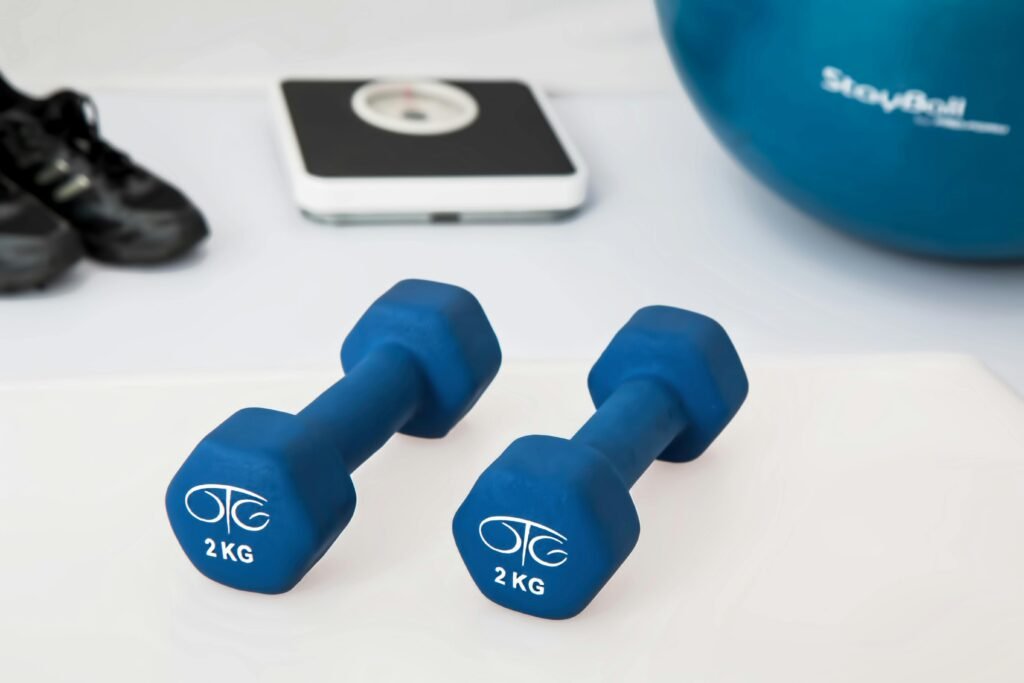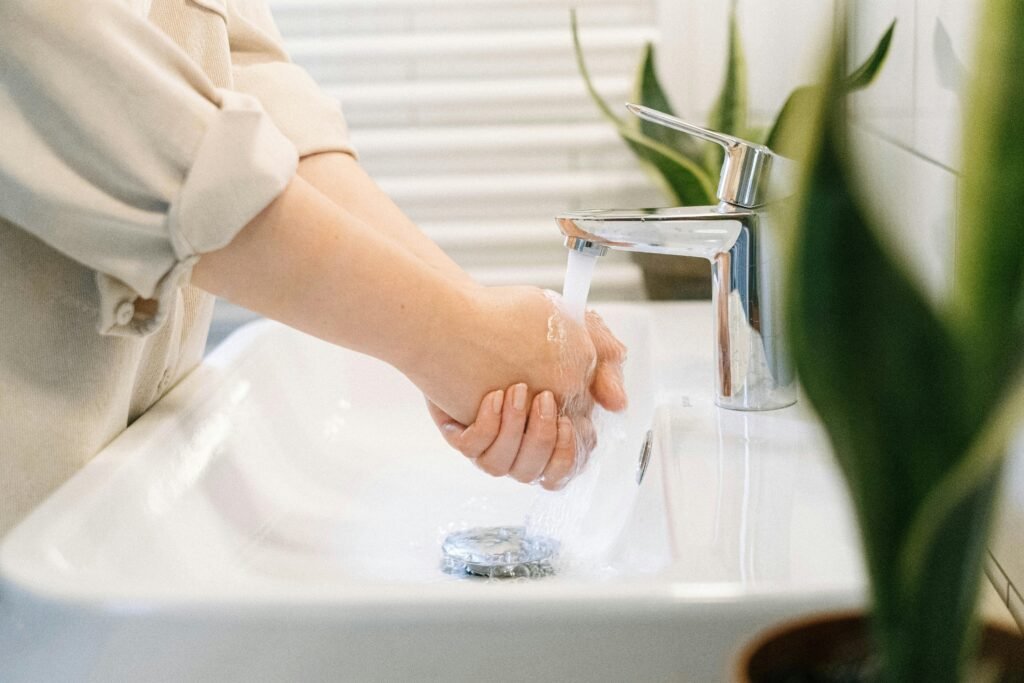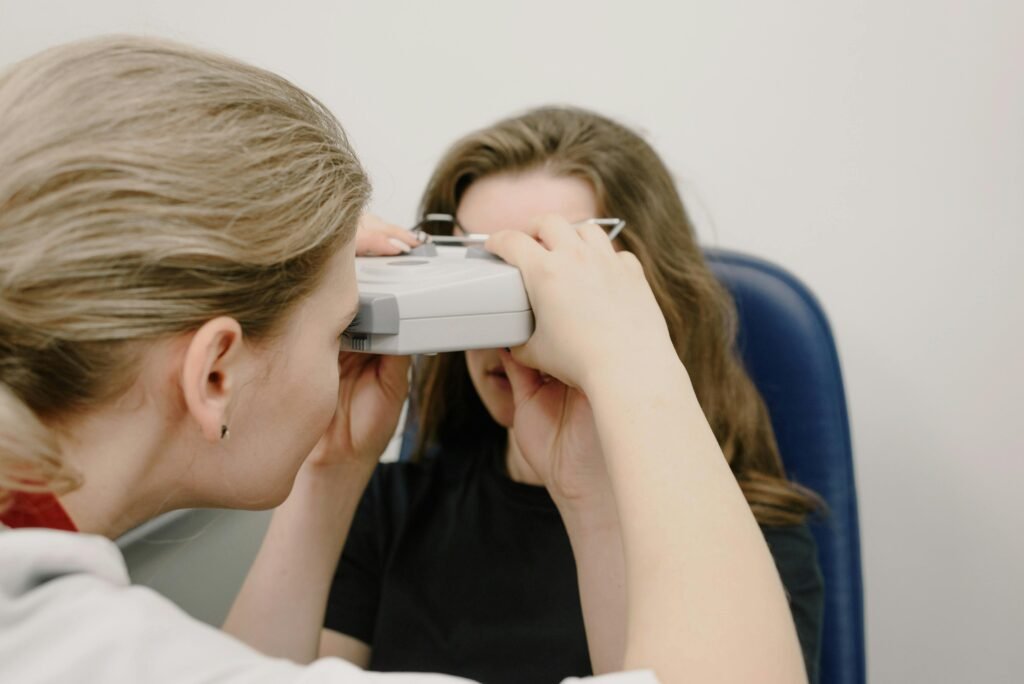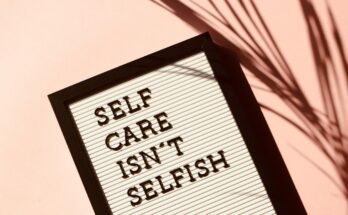Physical Self-Care is imperative in having a strong body and feeling great. It consists of good habits and routines that promote physical health, energy, and disease prevention. Here are the main Physical Self-Care steps to get into your everyday practice for well-being:
- Exercise
- Get Enough Sleep
- Stay Hydrated
- Eat a Balanced Diet
- Practice Good Hygiene
- Prioritize Posture
- Schedule Regular Health Checkups
- Limit Toxins
1. Exercise

- Get moving: Walking, jogging, biking, or swimming keeps your heart healthy, increases your energy, and decreases stress.
- Strength Training: Build muscle mass, improve posture, and increase metabolism by weightlifting or doing resistance exercises 2-3 times a week.
- Stretching and Flexibility: Incorporate some stretching and/or yoga on a daily basis to increase general flexibility, promote good circulation, and prevent a myriad of injuries.
2. Get enough Sleep Well

- Regular High-Quality Bed-Sleep: Get that most magic number of 7-9 hours of sleep per night. A regular sleep routine-a regular bedtime and waking time-can help. A quiet time, away from bright lights, stimulates your body to rest.
- Rest for Recovery: Good sleep helps muscle recovery, immune function, and delivers energy levels.
3. Stay Hydrated

- For optimum benefits, water intake should be 8 ounces (64 ounces), with the right amount to suit the activities you do and the climates you live in.
- Incorporate water-containing foods in your diet, like fruits (watermelon, cucumber) and vegetables (spinach, celery), to stay hydrated.
- Avoid Drinks That Dehydrate: Avoid excess caffeine, alcohol, and any sugary drink since it can zap your natural fluids.
4. Eat a Balanced Diet

- To provide nutrition to your body, whole foods should occupy most of your diet; that is, vegetables, balanced portions of fruit, lean proteins, whole grains, and healthy fats.
- Think about shrinking portion size and listening to hunger cues.
- Limit Processed Foods: Refrain from taking too much refined sugar, processed snacks, and unhealthy fats that may sabotage your health over time.
5. Hygiene practices

- Daily hygiene routine: Wash your hands regularly, take a bath or shower daily. Brush your teeth twice a day and floss to promote cleanliness and avoid some diseases.
- Skin care: Use milder products, according to your skin type; moisturizer as well as sunblock to protect your skin from burns.
- Nail care: Keep those nails clean by washing them, cutting them, and removing dirt so that infections do not take root.
6. Posture Check

- Posture Check: Keep your back, neck, and shoulders in a comfortable position whenever you are sitting, standing, or walking.
- Proper Desk Setup: Ensure that your desk, chair, and computer have an arrangement conducive for correct posture, especially if your sedentary hours are long.
7. Have Regular Health Checkups Scheduled

- Routine Screenings: Schedule regular appointments with your healthcare provider to monitor your health for blood pressure, cholesterol, and cancer screening.
- Dental and Eye Visits: Be sure to also schedule a regular dental cleaning and eye checkup as these appointments are critical to your health.
8. Limit Toxins

- If you smoke, consider this an opportunity to quit with help. This would be a boost to health in general and, particularly, the health of the lungs.
- Cut Back on Alcohol: Drink alcohol in moderation. Excessive drinking is often bad for the liver, heart, or mental health.
- Minimize Environmental Toxins: Where possible, in the places where you do your housework, use non-toxic products, limit the exposure of your family to chemicals, and choose natural cleaning supplies and other household products.
Incorporating these physical self-care tips into your daily routine can significantly improve your well-being and help you lead a healthier, more energized life.

